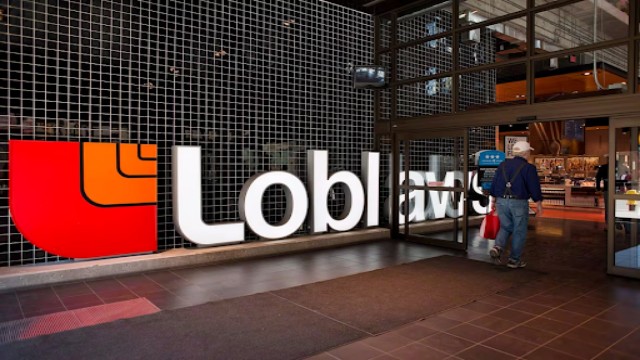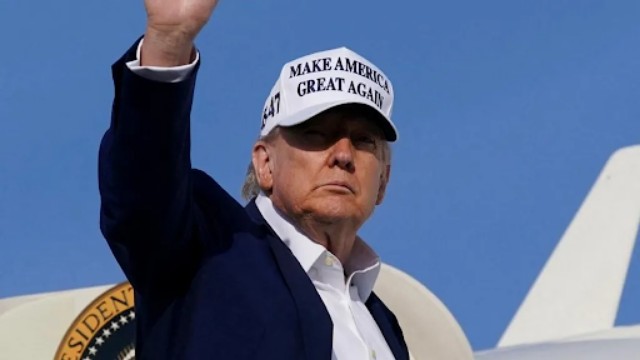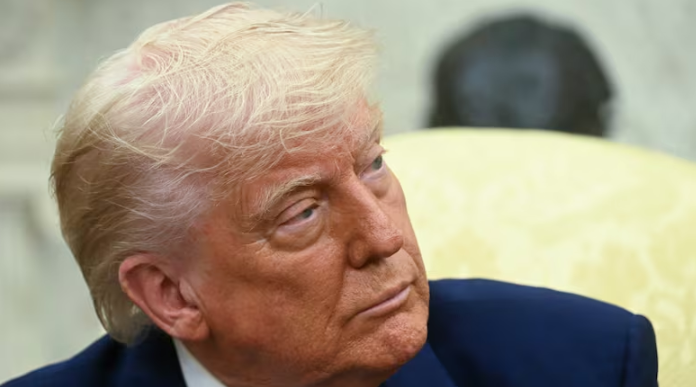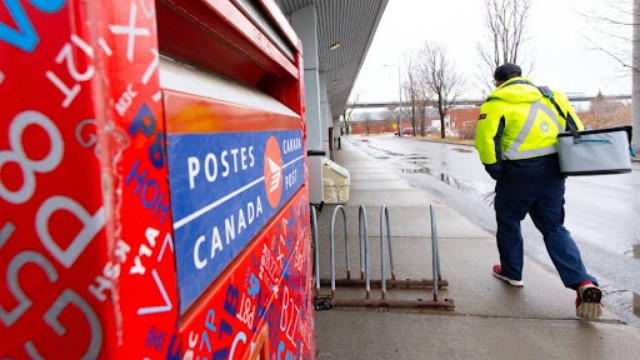
A worker walks into Nippon Steel’s factory in Kashima, Japan, on December 6, 2024. (Ayaka McGill / AP Photo)
The United States government will have the final word on important decisions involving U.S. Steel once the company is acquired by Japan’s Nippon Steel, according to U.S. Senator David McCormick of Pennsylvania. This control comes through a special arrangement known as a "golden share" — a setup that allows Washington to veto keyboard decisions after the deal is finalized.
The golden share is part of a broader national security agreement between Nippon Steel and U.S. officials. As McCormick explained, U.S. Steel will remain firmly under American oversight. “The CEO will be American, the board will have a U.S. majority, and the government must approve some board members. That ensures we don’t see any cuts to production or other moves that hurt national interests,” he told CNBC.
This setup addresses growing concerns over foreign control of key U.S. industries. U.S. Steel, one of America’s oldest and most iconic industrial companies, has been at the heart of debates on economic security and national pride.
The Committee on Foreign Investment in the United States (CFIUS), which reviews foreign deals for security risks, has already examined Nippon Steel’s $14.9 billion offer twice. In earlier negotiations, Nippon Steel agreed to several conditions: the board will have mostly American directors, three of whom — called independent U.S. directors — must get CFIUS approval. Any decision to cut production must be approved by these independent directors, who must be U.S. citizens, along with the company’s key managers.
Investor confidence in the deal is growing. U.S. Steel’s shares rose by 1.6% on Tuesday to $52.84 — near the price Nippon Steel is offering.
While Nippon Steel declined to comment, the White House issued a brief statement. Spokesperson Kush Desai confirmed President Donald Trump would attend a rally at a Pennsylvania U.S. Steel plant on Friday, adding he looks forward to “celebrating American steel and American jobs.”
Political tension over the deal remains high. President Joe Biden opposed the acquisition in January, citing national security concerns and blocking the deal. That decision triggered a lawsuit from the companies, accusing the government of unfair treatment — a claim the Biden administration denies.
In April, former President Trump reopened the review. By Friday, he seemed to approve of the transaction, claiming it could bring 70,000 jobs and add $14 billion to the U.S. economy. His public statement helped drive U.S. Steel’s stock price up by over 20%.
But Trump later clarified the terms. “It’s an investment, and a partial one at that,” he told reporters. “But the control will stay with the United States.”
This latest update suggests the deal is inching closer to approval, but with firm conditions ensuring America keeps a tight grip on its steel future — even under foreign investment.















